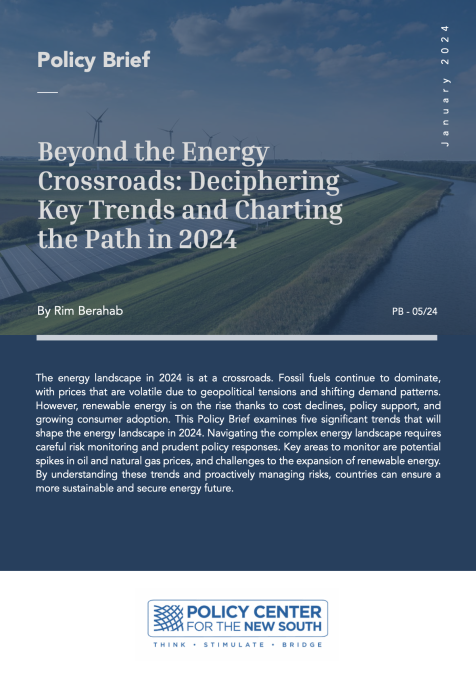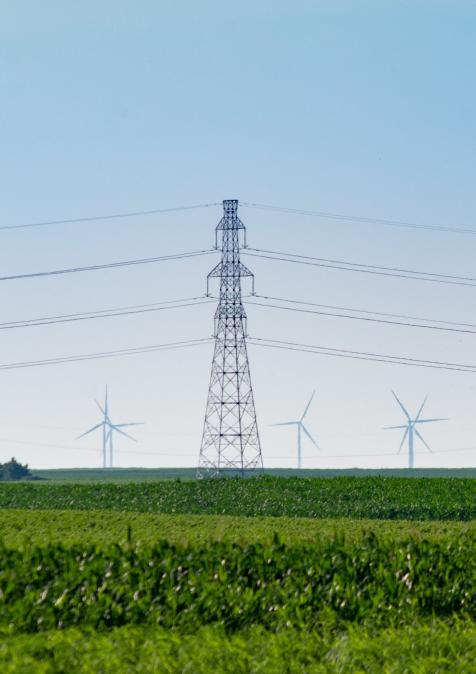The reduction of CO2 emissions be possible? / Robert Douglas Cairns, Professor, McGill University
November 12, 2019
Questions: 1/ Do you think that the larger polluters will one day make possible an agreement aimed at the reduction of CO2 emissions? 2/ Do you believe that there is little hope that the polluting countries will reduce much more than they pollute ? How do you explain your pessimism? 3/ Will arguments developed by some countries, like India, promote a conclusion of such an agreement? 4/ Did Conferences of the Parties (COP) contribute to bringing closer different States approches on climate change ?
Speakers









